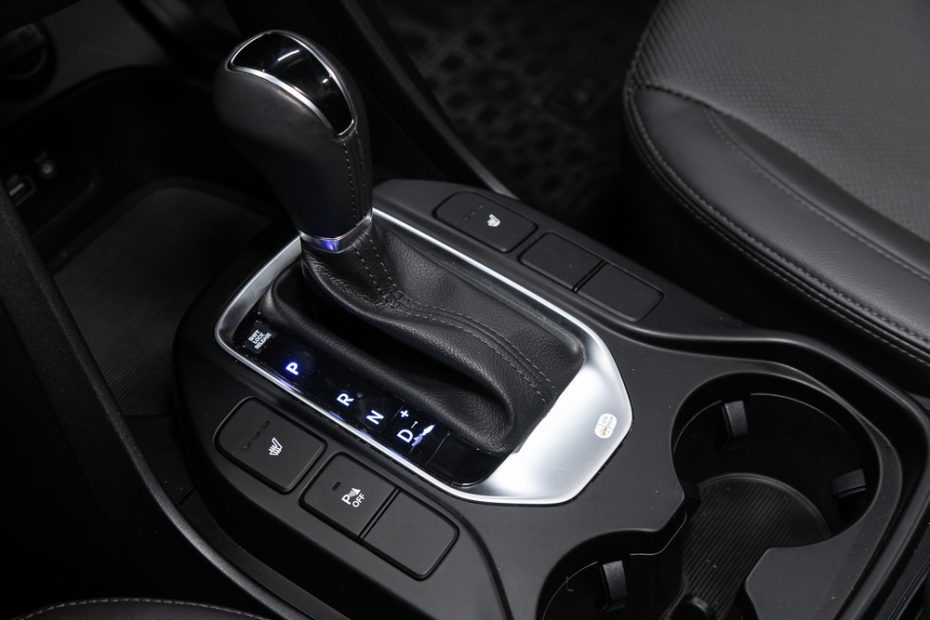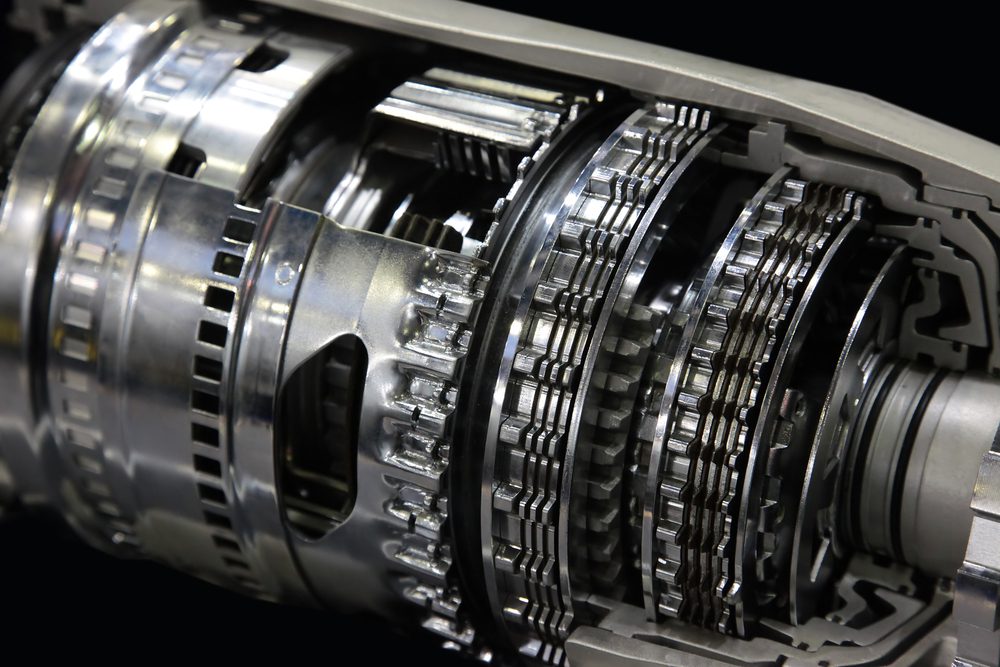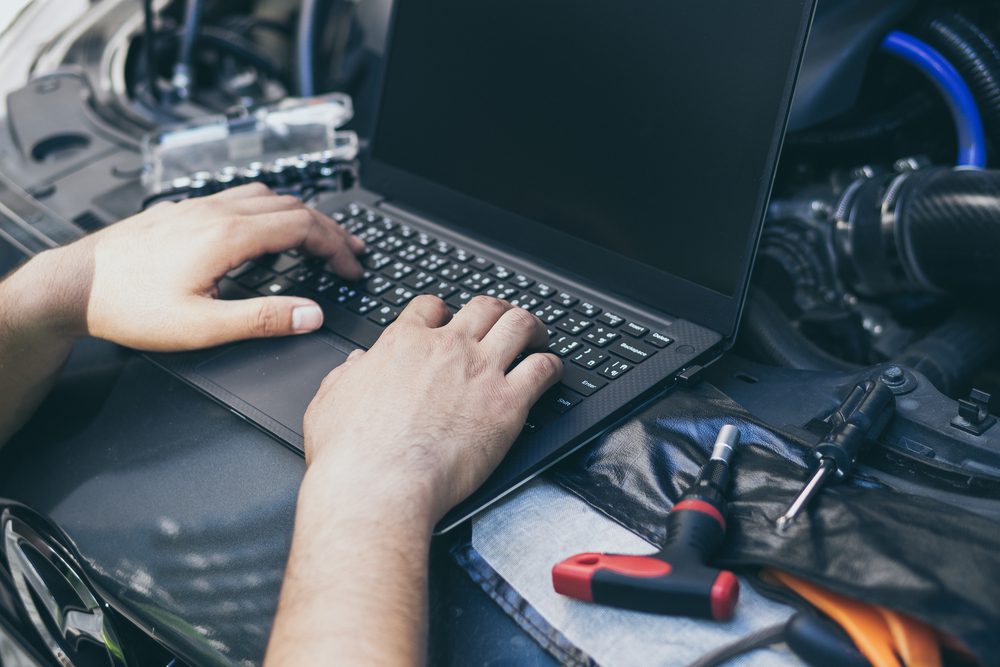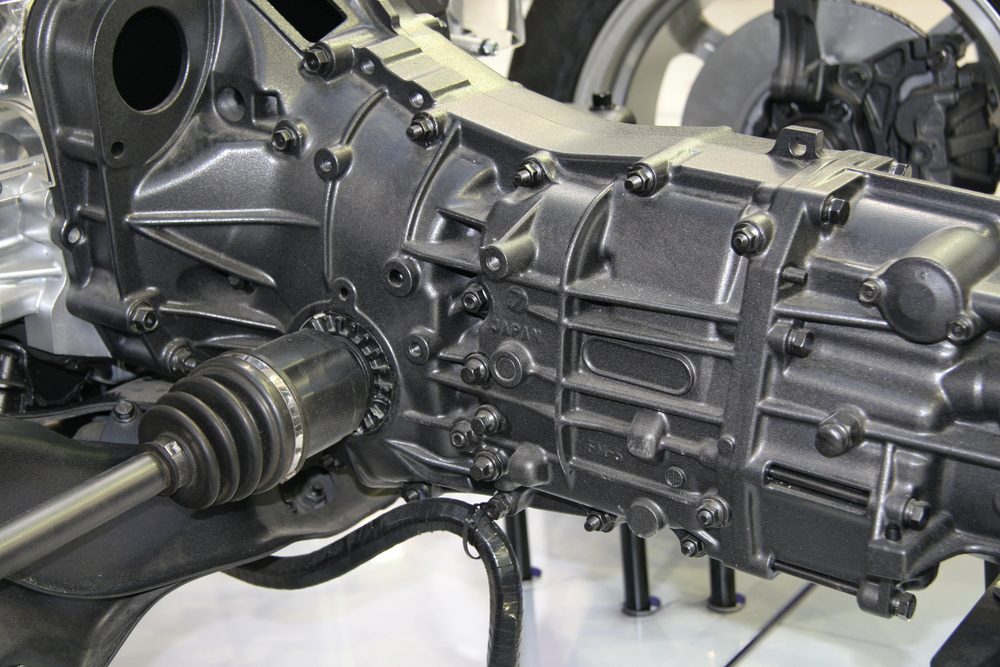What are the signs of a failing ECM?
An Engine Control Module (ECM), also known as the Engine Control Unit (ECU), is a crucial component in modern vehicles. It controls various systems within the engine, ensuring optimal performance and efficiency. However, like any electronic device, the ECM can fail over time due to various factors, leading to a decline in overall vehicle performance.
Common Signs of a Failing ECM
It is essential for vehicle owners to be aware of the signs that may indicate a failing ECM. Ignoring these signs can result in costly repairs or even permanent damage to the engine. Here are some common symptoms to watch out for:
- Check Engine Light: One of the most obvious signs of an ECM issue is the illumination of the check engine light on the dashboard. This warning light can indicate a range of problems, including a failing ECM.
- Poor Performance: A failing ECM may cause the engine to run poorly or lose power. You may experience sluggish acceleration or difficulty starting the vehicle.
- Inconsistent Idling: If your vehicle’s engine idles erratically or stalls frequently, it could be a sign of an ECM problem. The ECM regulates idle speed, so any irregularities may point to a failing unit.
- Decreased Fuel Efficiency: A failing ECM can disrupt the fuel-air mixture, leading to decreased fuel efficiency. If you notice a sudden increase in fuel consumption without any apparent reason, it’s worth checking your ECM.
- Failure of Emission Controls: The ECM plays a crucial role in controlling emissions. When the ECM malfunctions, your vehicle may fail emission tests or produce excessive emissions.
- Electrical Issues: A failing ECM may cause various electrical problems. You may experience issues with the vehicle’s lights, gauges, or even the starter motor.
- Inability to Connect with Diagnostic Tools: When a malfunctioning ECM fails to communicate with diagnostic tools, it becomes challenging to identify the root cause of the problem. This can make repairs more complex and time-consuming.
Causes of ECM Failure
Understanding the potential causes of ECM failure can help prevent or mitigate the risk. Some common factors that contribute to ECM failure include:
- Faulty Wiring or Connections: Poor electrical connections or damaged wiring can disrupt the flow of information and strain the ECM.
- Environmental Factors: Extreme temperatures, excessive humidity, and exposure to water or corrosive substances can damage the ECM.
- Power Surges: Voltage spikes or power surges can overwhelm the ECM’s delicate circuitry, causing irreversible damage.
- Age and Wear: Over time, the internal components of the ECM can degrade, leading to eventual failure.
- Software or Firmware Issues: Outdated or incompatible software/firmware can cause the ECM to malfunction.
“Being aware of the signs of a failing ECM and taking timely action can save you from expensive repairs and potential breakdowns.”
What to Do if You Suspect ECM Failure
If you suspect your ECM is failing, it is recommended to consult a qualified mechanic or a reputable auto repair shop. They have the expertise and diagnostic tools to accurately diagnose and repair ECM-related issues.
Replacing an ECM can be a complex task, as it requires programming and configuring to match the specific vehicle make and model. Therefore, it is crucial to choose an experienced professional who can ensure proper installation and functionality.
In conclusion, paying attention to the signs of a failing ECM is vital for maintaining the performance and longevity of your vehicle. By addressing any ECM issues promptly, you can avoid more extensive damage and costly repairs in the future.
What happens if Engine Control Module fails?
The Engine Control Module (ECM) is a crucial component in modern vehicles that controls and regulates various engine functions. If the ECM fails, it can lead to various issues and potentially affect the performance and safety of your vehicle.
1. Engine Performance
One of the primary impacts of a failing ECM is a noticeable decline in engine performance. You may experience a decrease in power, acceleration, or overall responsiveness of the engine. The ECM plays a vital role in optimizing fuel-air mixture, ignition timing, and other parameters necessary for efficient engine operation. A malfunctioning ECM can disrupt these processes and result in poor engine performance.
2. Fuel Efficiency
A failing ECM can also have a negative impact on fuel efficiency. As the ECM regulates the fuel supply and combustion process, any malfunction can cause improper fuel injection, leading to excessive fuel consumption. This can result in decreased mileage and increased fuel costs.
3. Starting Issues
In some cases, a failed ECM can prevent the engine from starting altogether. The ECM controls the ignition system, which is essential for initiating the combustion process. If the ECM is not functioning correctly, it may not send the necessary signals to start the engine, resulting in starting problems or a complete failure to start.
4. Warning Lights
A faulty ECM often triggers warning lights on the dashboard. These lights can indicate various issues such as engine misfire, sensor failures, or emissions problems. If you notice warning lights, it is essential to have your vehicle diagnosed by a professional to determine if the ECM is the underlying cause.
5. Transmission Issues
The ECM also plays a critical role in controlling the transmission system. A failing ECM can lead to erratic shifting, delays in gear changes, or trouble in maintaining the correct transmission fluid pressure. These issues can affect the overall performance and longevity of the transmission.
Quote: “The ECM acts as the brain of the engine, and any malfunction can disrupt the harmonious functioning of various engine components.”
If you suspect an ECM failure, it is essential to seek professional assistance for diagnosis and potential replacement. Ignoring ECM issues can lead to further damage and expensive repairs.
Table: Common Symptoms of ECM Failure
| Symptoms | Description |
|---|---|
| Engine misfires | Erratic or inconsistent engine firing |
| Poor fuel economy | Excessive fuel consumption |
| Stalling or hesitation | Engine cuts out or lacks responsiveness |
| Unresponsive throttle | No response or delayed response to throttle input |
List: Steps to Take if ECM Fails
- Have your vehicle inspected by a qualified mechanic
- Diagnose the specific issue and confirm if it’s ECM-related
- If necessary, replace the faulty ECM with a new one
- Ensure the new ECM is properly programmed and calibrated for your vehicle
- Test the vehicle to confirm that the issue has been resolved
In summary, a failing Engine Control Module can have significant repercussions on engine performance, fuel efficiency, starting ability, and the overall functioning of your vehicle. If you encounter any symptoms or warning lights associated with ECM failure, it is crucial to address the issue promptly to prevent further complications.
Can I drive my car with a bad ECM?
The ECM (Engine Control Module), also known as the engine control unit (ECU), is a crucial component in a vehicle’s electronic system. It controls and manages various functions of the engine, such as fuel injection, ignition timing, and emissions control. When the ECM malfunctions or fails, it can have a significant impact on the performance and drivability of the car.
Effects of a Bad ECM on Driving
Driving a car with a bad ECM can be problematic and potentially dangerous. Here are some effects you may experience:
- Loss of Power: A malfunctioning ECM can cause a loss of power, resulting in sluggish acceleration and decreased engine performance.
- Poor Fuel Efficiency: The ECM plays a vital role in managing fuel injection, and a faulty ECM can lead to improper fuel delivery, reducing fuel efficiency.
- Stalling: A failing ECM may cause your car to stall unexpectedly, presenting a hazard on the road.
- Difficulty Starting: In some cases, a bad ECM can make it challenging to start the engine, causing frustration and inconvenience.
It is generally not recommended to drive a car with a bad ECM. The issues mentioned above can compromise your safety and potentially cause further damage to the engine or other components.
What to Do if Your ECM is Failing
If you suspect that your car’s ECM is failing, it is crucial to address the issue promptly. Here are the steps you should take:
- Diagnostic Testing: Consult a professional mechanic or visit an authorized service center to diagnose the ECM for any faults or errors.
- Repair or Replacement: Depending on the severity of the issue, the ECM may be repaired or require a complete replacement. Your mechanic will advise you on the best course of action.
- Expert Assistance: It is important to seek help from experienced technicians who specialize in ECM repairs to ensure proper installation and programming.
“Driving with a bad ECM can lead to further damage and compromise your safety.”
In conclusion, driving with a bad ECM is not advisable due to the potential risks and adverse effects on your car’s performance. If you suspect ECM failure, it is essential to have it diagnosed and repaired by qualified professionals to maintain the reliability and safety of your vehicle.



